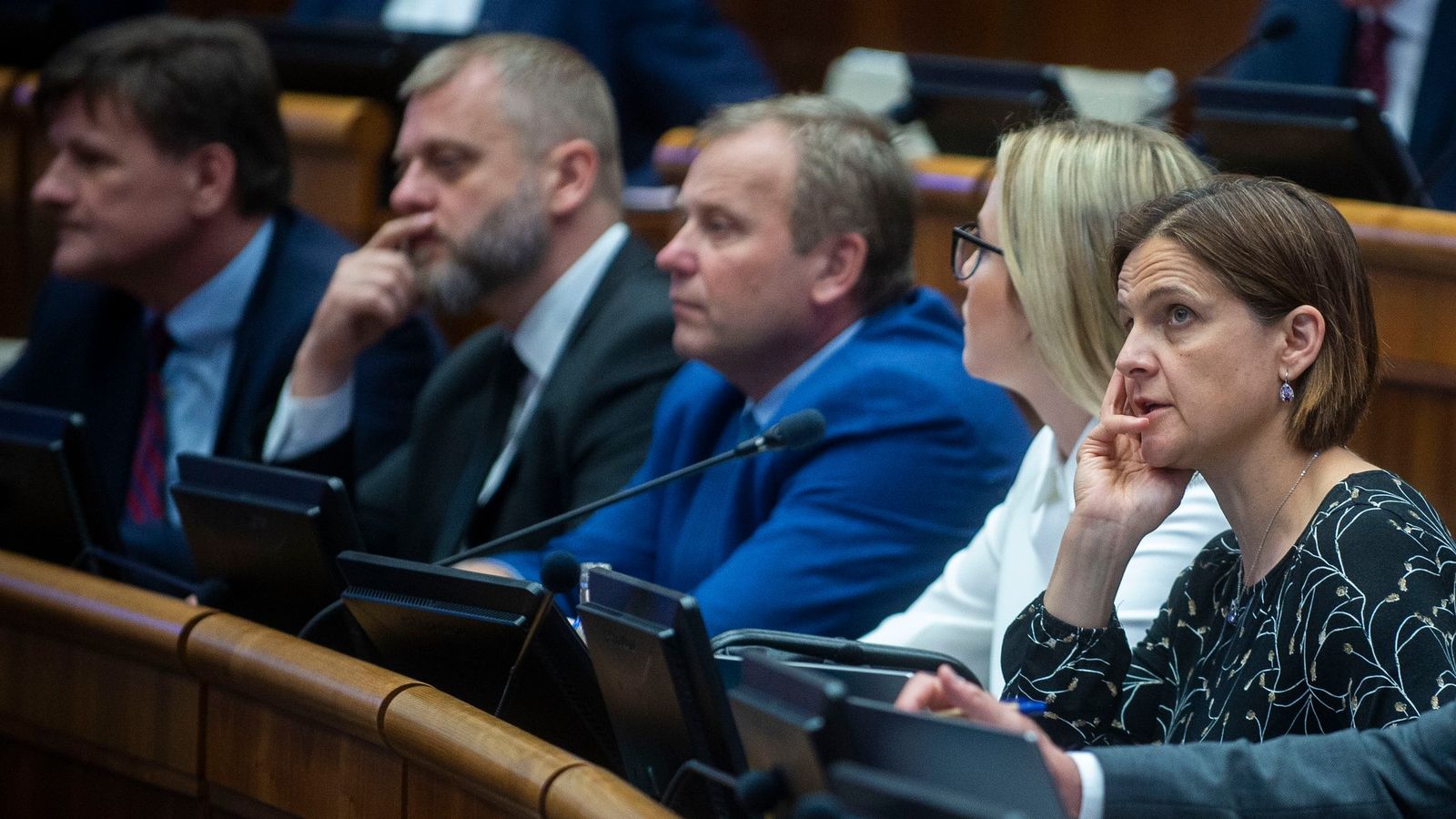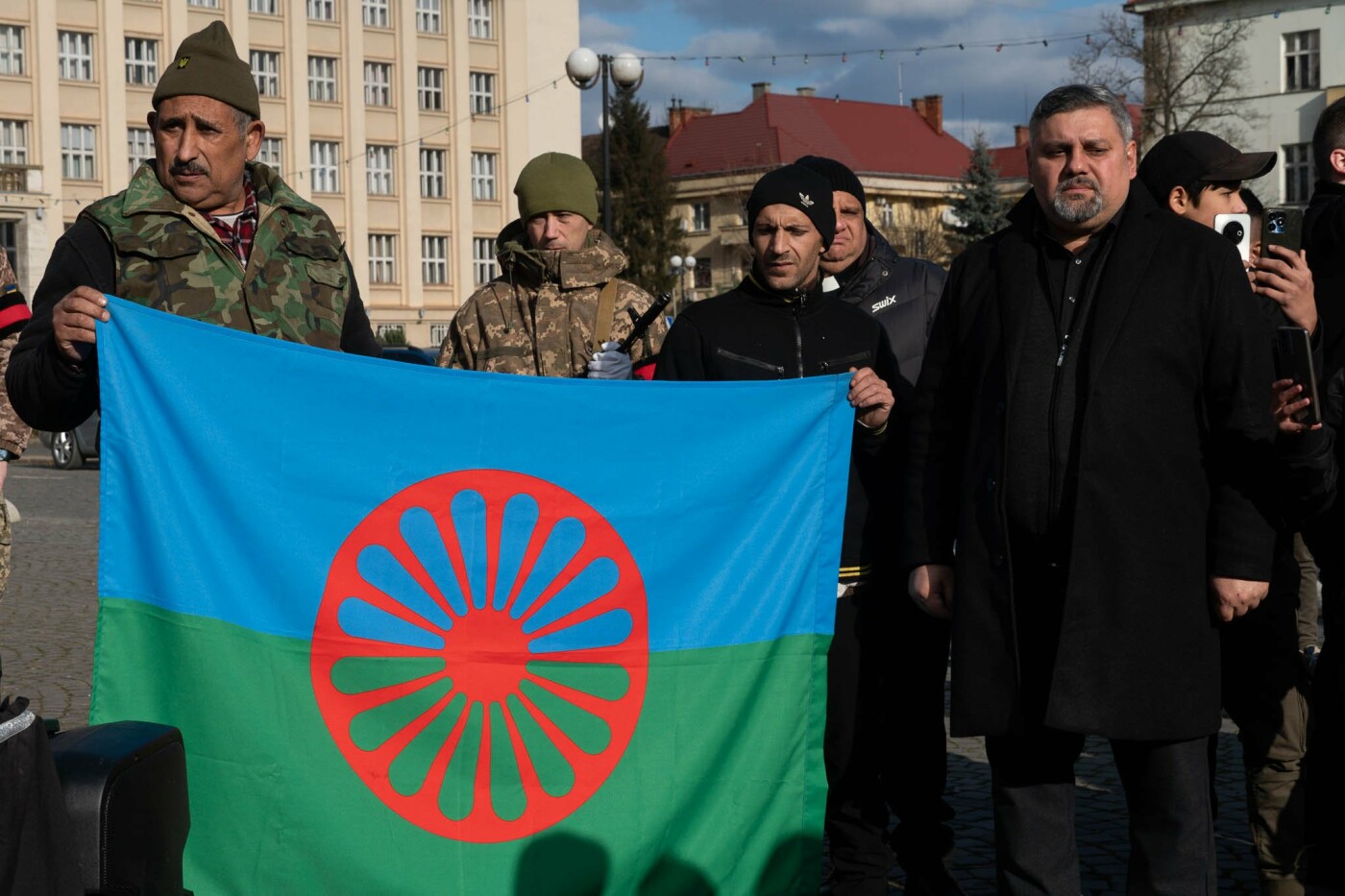Bauer (2014) reports on the visit in Slovakia of a German delegation of politicians and church leaders of Schwäbisch Hall. The delegation wanted to get an idea of the Rroma situation in their home country, Rroma who who sometimes beg on the roads of Hall. While the representatives from politics and the church were able to reduce prejudices about organised begging gangs, the one-sided focus on marginalised Rroma gives the impression of a culture of poverty among the minority: “For the Roma from the 835-strong resort [Kaloša] 300 kilometres east of Bratislava, begging in Hall is a business model that enables their families to survive an allows them to build a simple house after a few years. “The fear of some citizens of Hall, that the beggars belong to organised criminal gangs is completely unfounded”, says Bettina Wilhelm, Halls first female mayor. She was part of the delegation to Kaloša, the place of origin of most of beggars in Hall. […] Since the fall of communism 25 years ago, many Roma have no work, they live on welfare and child support. In return, they must work a certain number of hours per month in charity. Also because of this, they return after 14 days in Hall to Slovakia. Neither to craftsmanship nor to agriculture, they bear reference. Since the collective farms were closed, the land lies fallow. Not even for their own use do they grow vegetables.” In Slovakia, according to assessments of the Rroma Foundation, there are an estimated 450,000 to 550,000 Rroma. Not all of them are losers of the 1989 turnaround, as this article suggests. Rroma belong to all strata of society, many of them are well integrated.
- Bauer, Sigird (2014) Roma in Schwäbisch Hall: Bürgermeisterin besucht Bettler. In: Südwestpresse online vom 13.11.2014. http://www.swp.de/schwaebisch_hall/lokales/schwaebisch_hall/art1188139,2895980







